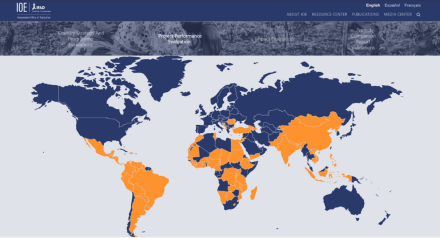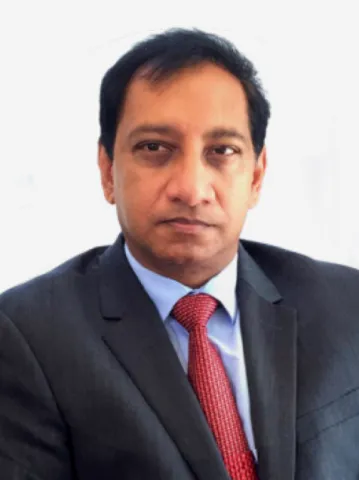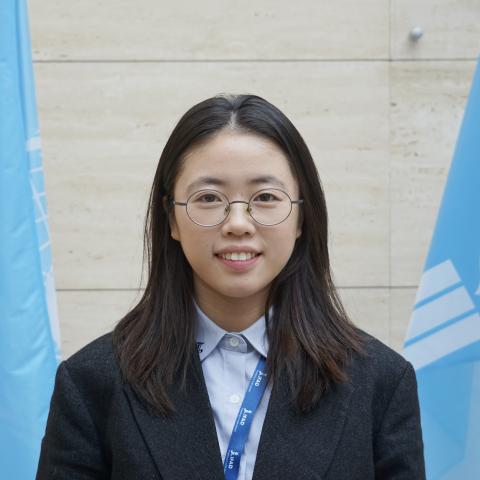
Evaluation for excellence: Understanding IOE’s work through the lens of innovation
The Independent Office of Evaluation (IOE) at the International Fund for Agricultural Development (IFAD) stands as a beacon of excellence in evaluation, consistently pioneering methodologies that enhance development impact. Its work strengthens accountability and fosters learning, ensuring IFAD’s programmes make a tangible difference in the lives of rural communities. IOE’s commitment to rigour, inclusivity and continuous improvement sets a global benchmark, inspiring those who believe in the transformative power of evaluation. To gain a deeper understanding of IOE’s methodologies and their broader impact, the UN Innovation Toolkit has been used as a framework for analysis, providing insights into how evaluation fosters innovation and effectiveness in development.
The power of storytelling in IOE's work

IOE translates complex evaluation findings into compelling narratives that resonate with policymakers and field practitioners. By integrating neuroscience into its evaluation framework, IOE played a pioneering role in advancing the adoption of this cutting-edge approach within the evaluation field. The Innovation Storytelling Tool offers a way to understand how the use of neuroscience by IOE enhances evaluation storytelling. The overarching goal of the office was to transform the perception of evaluation from one of fear or judgment to one of collaboration and growth.
To support this shift, IOE collaborated with psychiatrist and neuroscience expert Dr. Srini Pillay to explore how insights from brain science could support more receptive and constructive communication. Building on this, IOE updated its Evaluation Manual to include a section on communication and engagement, initiated neuroscience-informed training sessions, and developed resources such as the publication Communicating Evaluation Findings. These efforts helped IOE better understand its audience, choose effective communication methods and channels, and enhance the overall impact of its evaluations.
By leveraging neuroscience-backed communication techniques, IOE promotes open dialogue around evaluation findings, ensuring stakeholders engage with results in a way that drives learning and constructive action.
Defining IOE's value in the innovation landscape
Using the Define a Value Proposition Tool, a clearer perspective on IOE’s distinct role within IFAD’s innovation landscape emerges. IOE’s evaluations not only assess programme effectiveness but also provide forward-looking insights that shape IFAD’s strategic direction. One major advancement is the integration of artificial intelligence (AI) to optimize evaluation processes. AI tools help analyze large datasets efficiently, reducing the time needed for data collection and synthesis. Additionally, predictive analytics offer new ways to assess risks and opportunities in development programmes, ensuring that evaluations contribute to better-informed decision-making.
Building on this technical edge, IOE has also reflected on how its capabilities align with the needs of potential partners. It holds formal membership in three global evaluation networks — the United Nations Evaluation Group (UNEG), the Evaluation Cooperation Group (ECG) and the Global Evaluation Initiative (GEI) — and actively contributes to knowledge exchange. Over the past two years, IOE has organized or co-hosted five international seminars and has participated in 32 international events. These activities help articulate IOE’s value in the global innovation ecosystem and reinforce its positioning in collaborative partnerships.
Engaging governing bodies: Insights into IOE's impact
The Engage Governing Bodies Tool sheds light on how IOE effectively informs and influences decision-making processes at IFAD. Beyond producing reports, IOE plays a crucial role in shaping IFAD’s policies and programmes. A key factor in this influence has been its ability to secure increased financial resources by demonstrating the tangible impact of its work. Amid a wider trend of funding challenges for evaluation offices, IOE has successfully advocated for an 18% budget increase by aligning its evaluation findings with IFAD’s strategic goals.
In recent years, IOE has placed growing emphasis on structured engagement with governing bodies, management and Member States to promote learning, accountability and reflection. These efforts include briefings, corporate and country learning workshops, and Executive Board field missions. Through these channels, IOE provides assessments and knowledge critical to meeting IFAD’s commitments under IFAD11, IFAD12, and IFAD13 — contributing to a corporate culture grounded in transparency and results.
Envisioning the future: IOE's role in advancing evaluation
Applying the Headlines of the Future Tool helps conceptualize IOE’s evolving role in shaping the future of evaluation. IOE continues to anticipate challenges and opportunities, demonstrating its commitment to excellence. The office has introduced cutting-edge technologies such as neuroscience-based communication techniques and AI to improve knowledge management, enabling evaluators to synthesize findings efficiently and identify patterns across evaluations. Additionally, participatory evaluation approaches have been strengthened, ensuring that local communities and beneficiaries actively contribute to the evaluation process. To further advance its innovation goals, IOE has sharpened its product range — improving evaluation coverage and offering diversified formats tailored to multiple audiences. This has allowed for greater methodological flexibility and cost-effectiveness while remaining responsive to inclusiveness and cultural responsiveness. In doing so, IOE continues to identify barriers and success factors in advancing transformative evaluations, aligned with the scale and scope of IFAD operations and informed by the recommendations of the 2019 peer review.
Next steps
IOE’s work is a pillar of impact, accountability, and learning. Its dedication to excellence ensures that IFAD’s development efforts remain responsive to the evolving needs of rural communities. By providing a structured framework to analyze IOE’s
methodologies, the UN Innovation Toolkit offers valuable insights into how evaluation drives innovation and effectiveness. As IOE continues to refine its practices and expand its influence, its contributions will remain integral to shaping the future of development evaluation and fostering long-lasting positive change.
A previous version of this blog was published here


